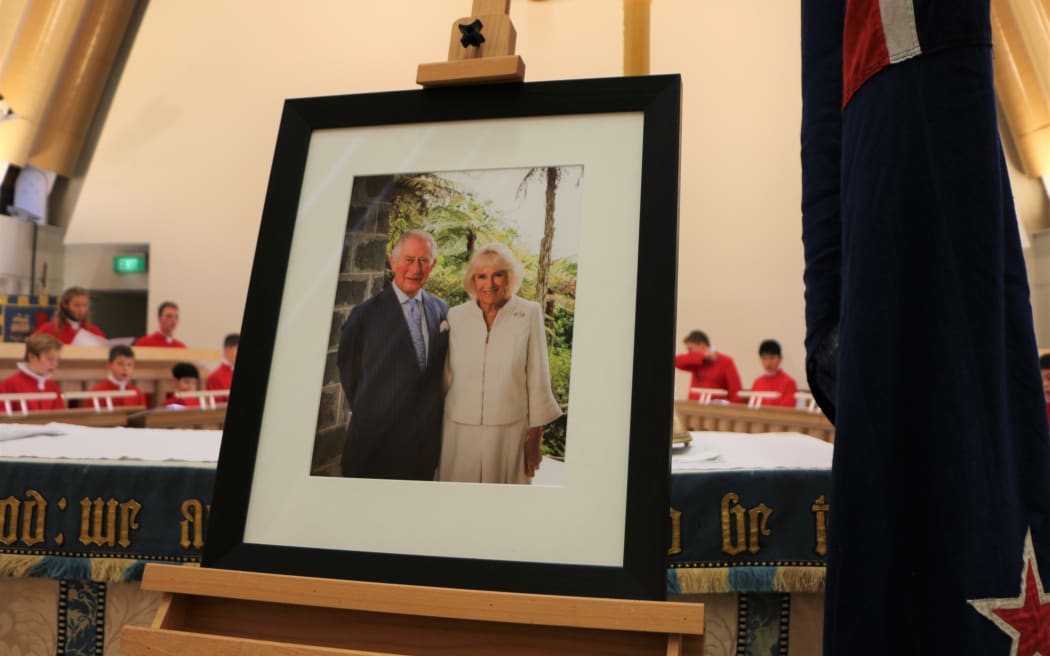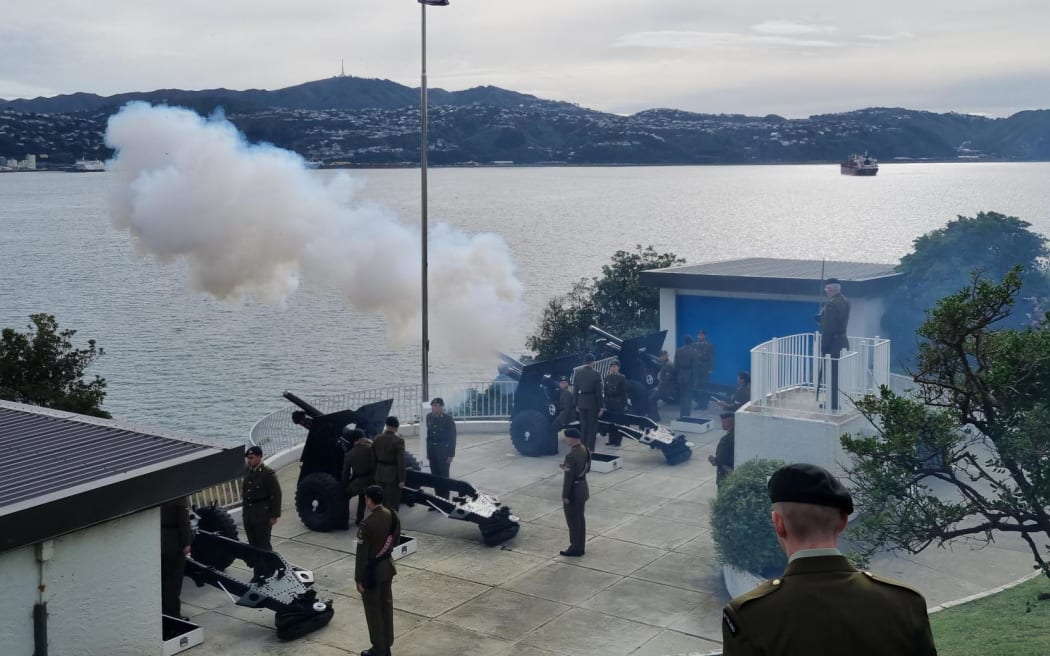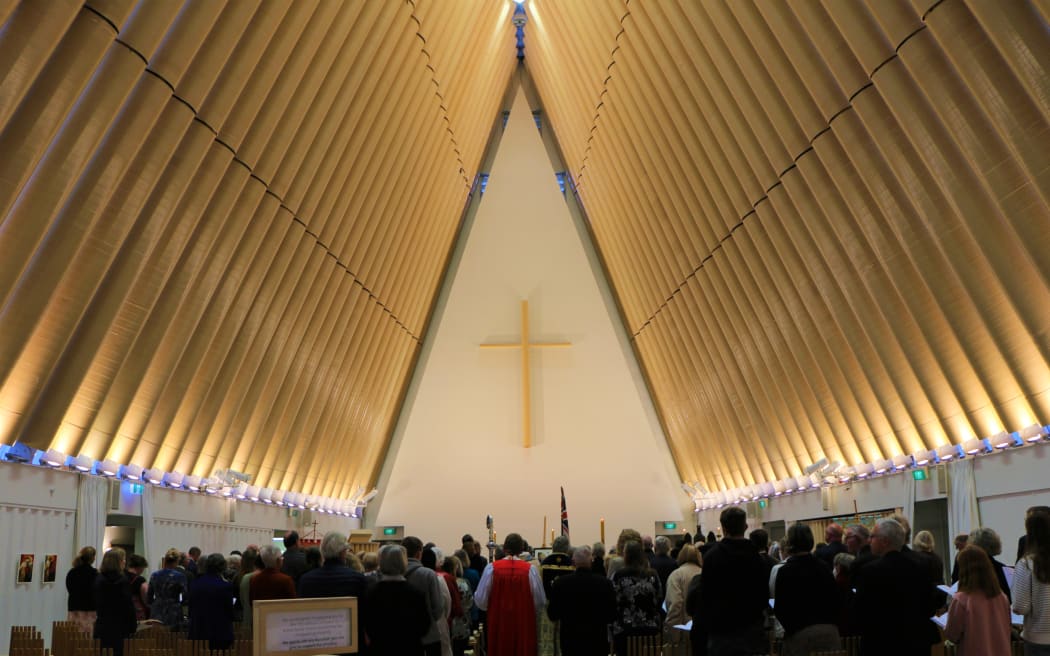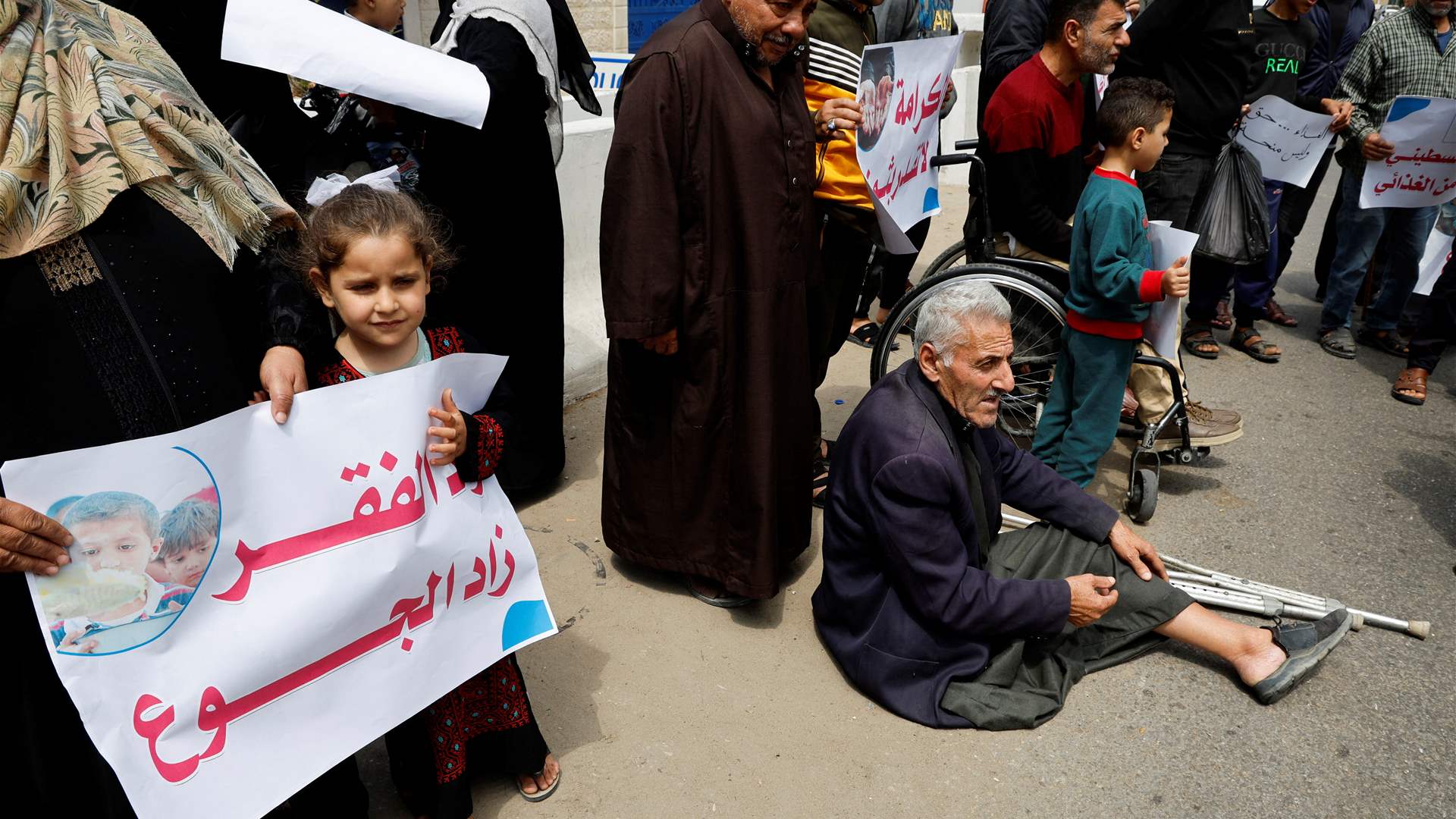#NOT MY KING: Charles III coronation protesters want an equal voice for everyone, and money spent on healthcare and education
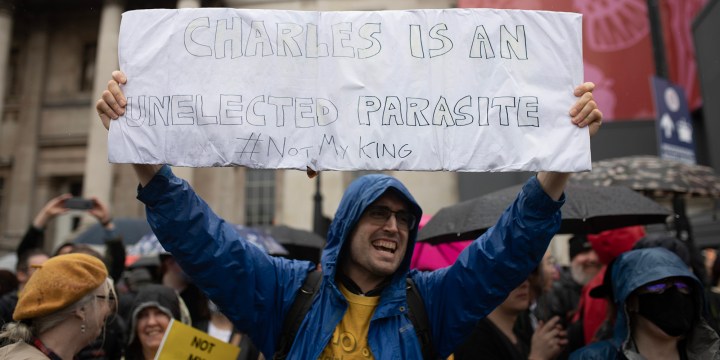
Peaceful anti-monarch protesters gathered on Trafalgar Square, London, on 6 May 2023 demanding a democratic alternative in the UK, the election of a head of state and a stop to the abuse of public funds by the royal family. (Photo: Leila Dougan)
By Leila Dougan
07 May 2023 2
A few hundred people gathered at Trafalgar Square on a rainy day in London on Saturday, 6 May 2023, to protest against the coronation of King Charles.
“Spend on healthcare and education, not on Charlie’s coronation” they chanted as church bells rang out. The protest was organised by Republic, a nonprofit that wants to see the monarchy abolished and the King replaced with “an elected, democratic head of state” according to their website.
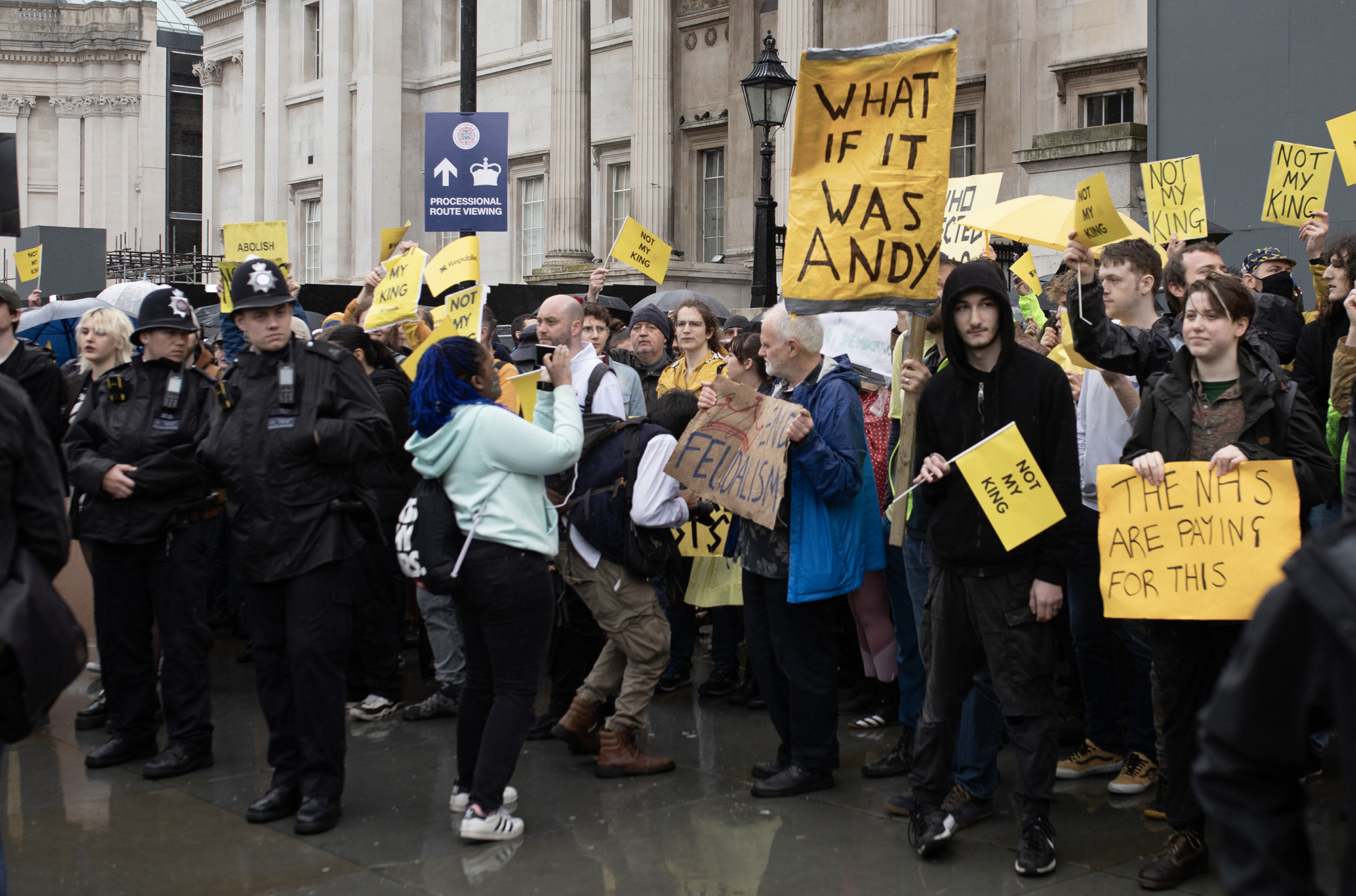
“Shove your coronation up your arse” protesters chant at Trafalgar Square, London, on 6 May 2023 during the Coronation of Charles III and Camilla as king and queen of the United Kingdom. The protest was organised by Republic, a pressure group agitating for the monarchy to be replaced with an elected head of state. (Photo: Leila Dougan)
“It’s about democracy. I pay taxes and did not vote for this man to be king,” said Carol Snaith (54).
“I’m here to see the monarchy abolished. I’m here to ask for a referendum on the monarchy so that people have the chance to say whether they consent to the coronation. I believe in true democracy that’s something we don’t have in this country. We have a first-past-the-post voting system which does not represent the views of the people,” said Angharad Linnard (28).
“The monarchy is symbolic of the imbalance of political power in this country. I’m asking for proportional representation, for the House of Lords to be abolished. I believe in an equal voice for everyone, an equal vote regardless of the class you were born into,” Linnard continued.
Michael Malcom (64) said that the country is in “complete turmoil” and simply cannot afford to be celebrating in the face of the cost-of-living crisis.
“There are no jobs. People can’t afford to eat or to live. People cannot afford to own their houses and yet we’re crowning a man who has not been elected. The crown on his head is worth thousands and thousands of pounds. Everything they have was stolen from us. We want our money back. All of it. We want our money back,” said Malcolm.
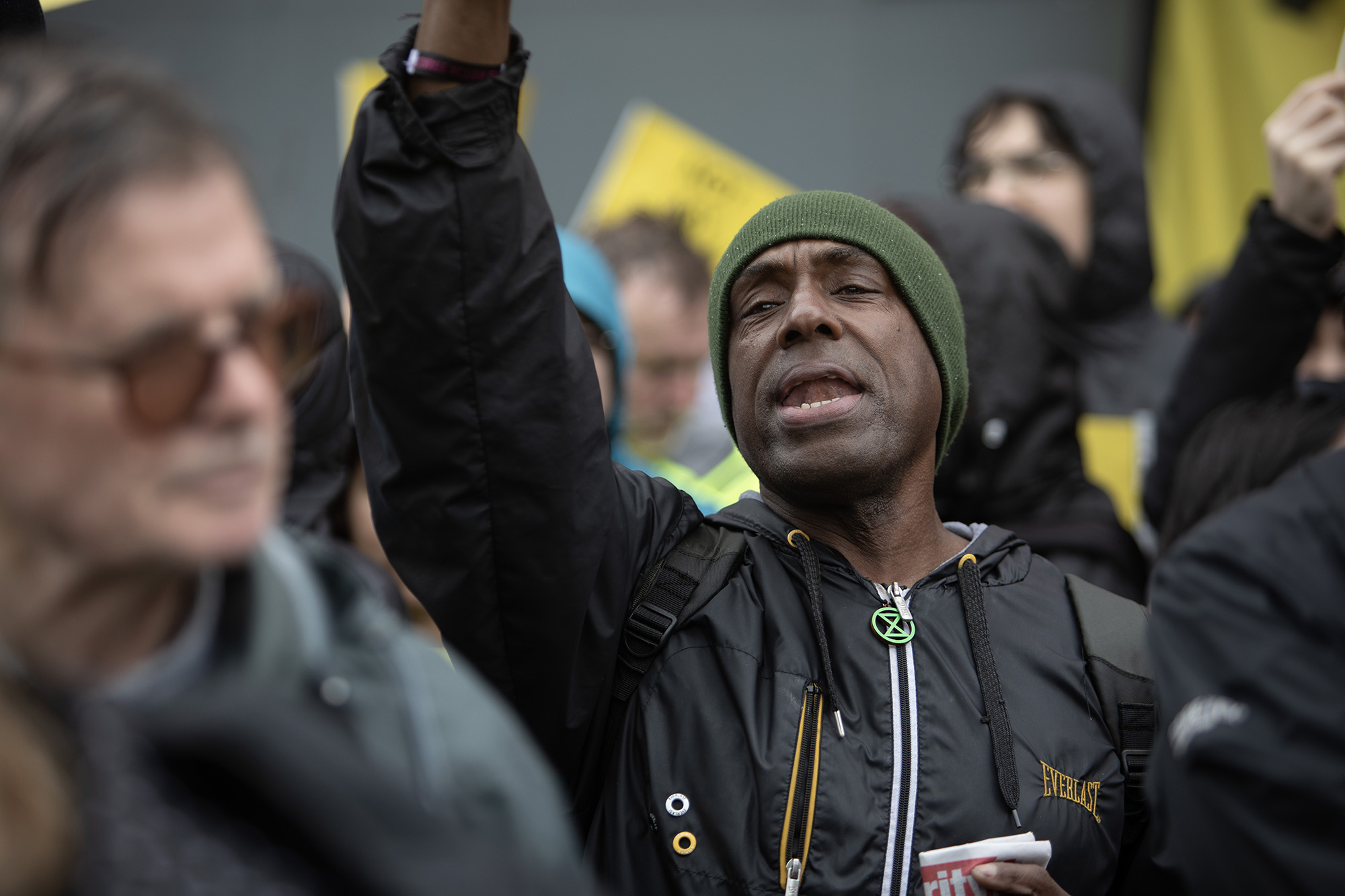
Michael Malcolm (64) said it is a scandal that the celebration, running into millions of pounds, was held at a time when people are eating from food banks. (Photo: Leila Dougan)
Charles III was crowned King at Westminster Abbey on Saturday, the first coronation of a UK monarch in 70 years following the death of his mother, Elizabeth II on 8 September 2022. While Buckingham Palace has not made the price tag of the coronation public it is said to be upwards of £100-million, apparently a slimmed-down version of the pageantry.
“The government, the royal household … everyone is very conscious of the financial circumstances in the country,” an official in the royal household told the Financial Times in the days leading up to the ceremony. But protesters say the lavish event, complete with a the 261-year-old Gold State Coach and $4-billion worth of crown jewels is tone deaf.
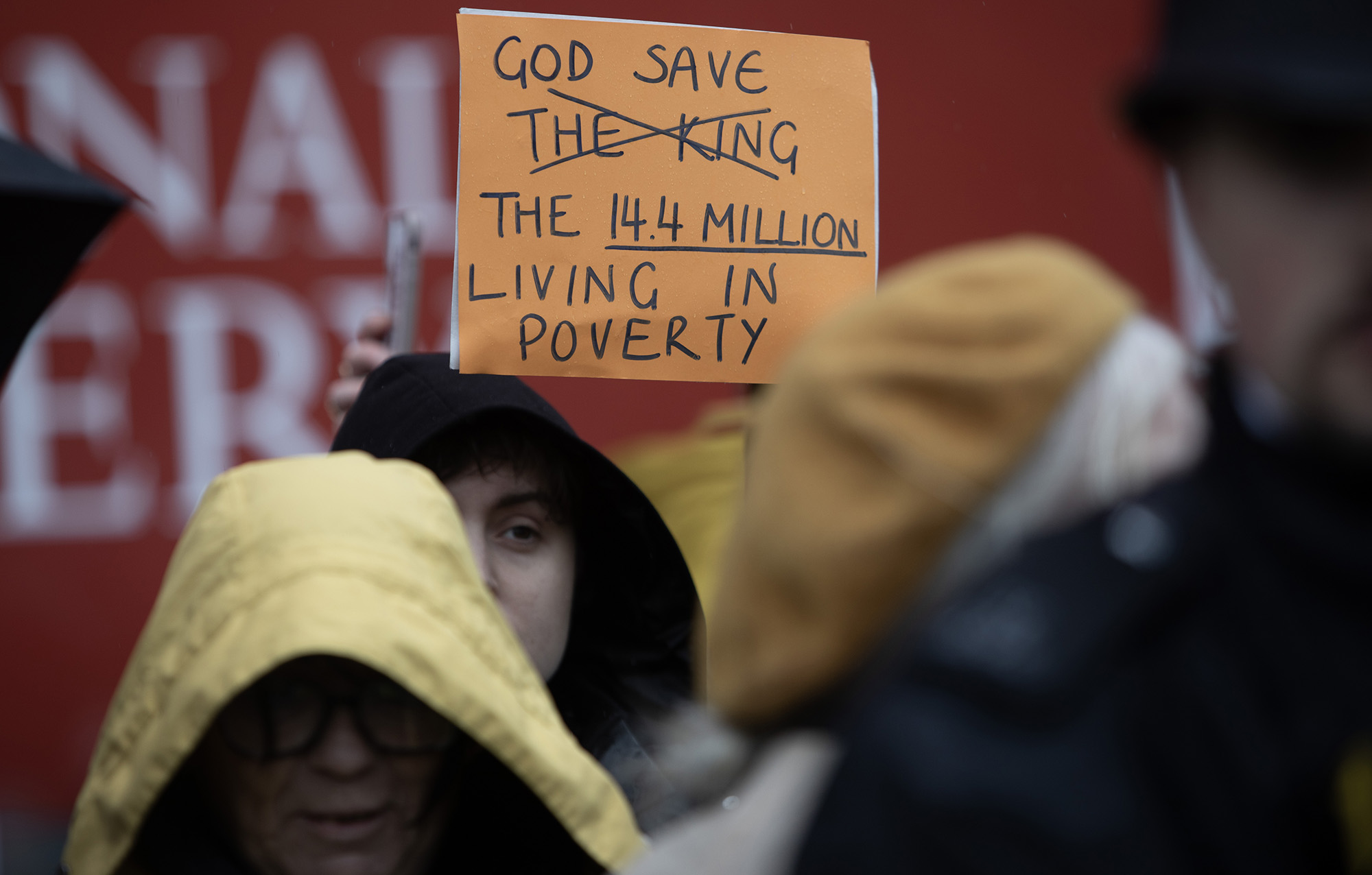
More people in the UK are relying on food distribution centres than ever before with the cost-of-living crisis driving insecurity and hunger in households. (Photo: Leila Dougan)
According to the Trussell Trust network in the past 12 months almost three million emergency food parcels were distributed in the UK, with December 2022 being the busiest month on record for food banks across the country. Covering the cost of basics including heating and food is an uphill battle for thousands of families in the UK, with record numbers lining up at food distribution centres for the first time. According to the Joseph Rowntree Foundation, an independent organisation that set out the trends and impacts of poverty across the country, 14 million people live in poverty in the UK.
“We’ve had over 10 years of austerity in this country and yet when there’s a royal event they find millions of pounds to spend on it. It’s completely unfair,” says Zara Nolan (29).
“People can’t see that we’re living in a dystopia and they go along with what is considered modern life, coming out and celebrating, they’re doing something for their king, doing something for their monarchy and yet the king could not care less about any of these people,” said a protester who wanted to remain anonymous.
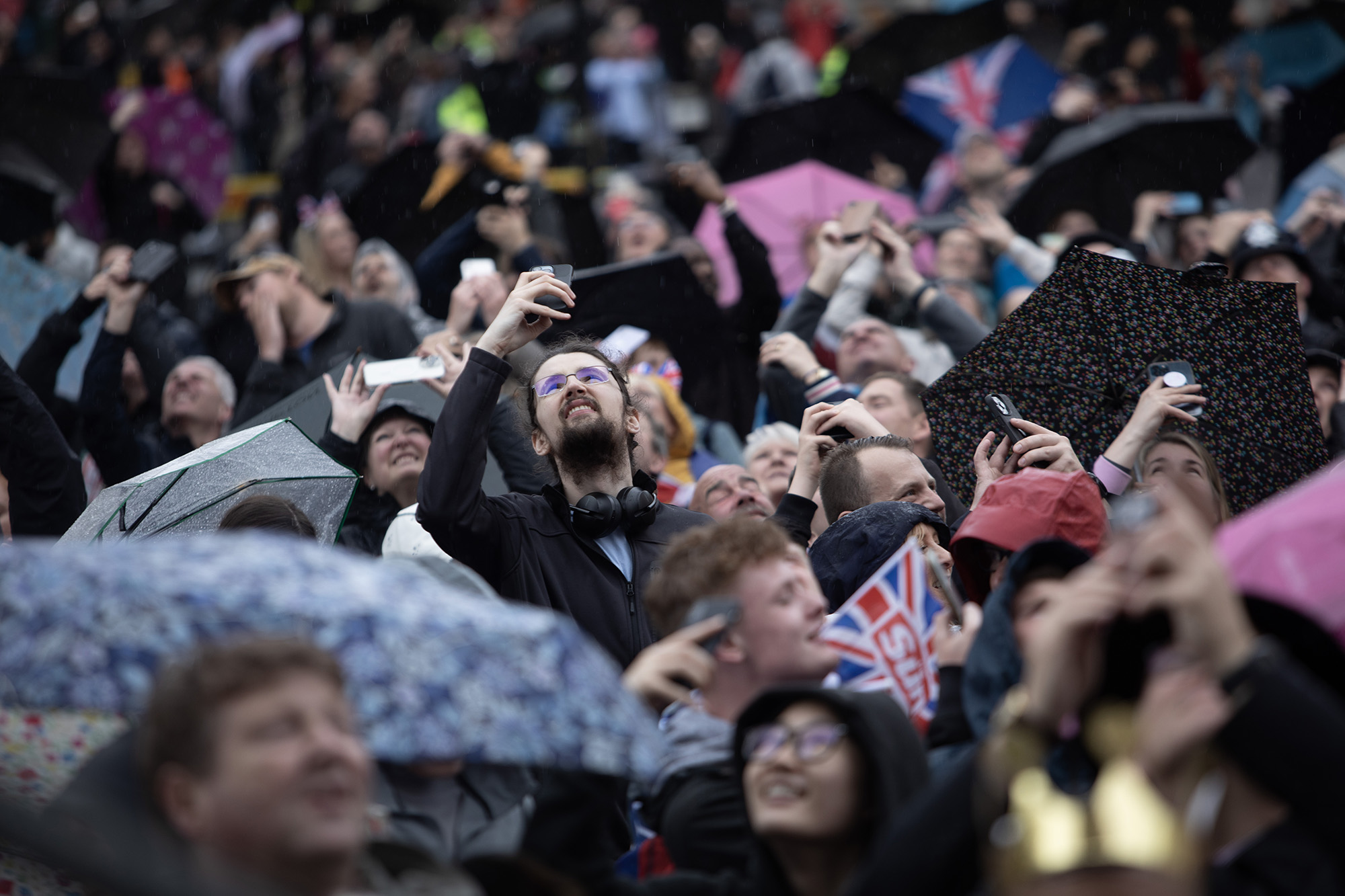
Spectators look up and capture the Royal Air Force flypast following Charles III’s coronation in London, United Kingdom, on 6 May 2023. (Photo: Leila Dougan)
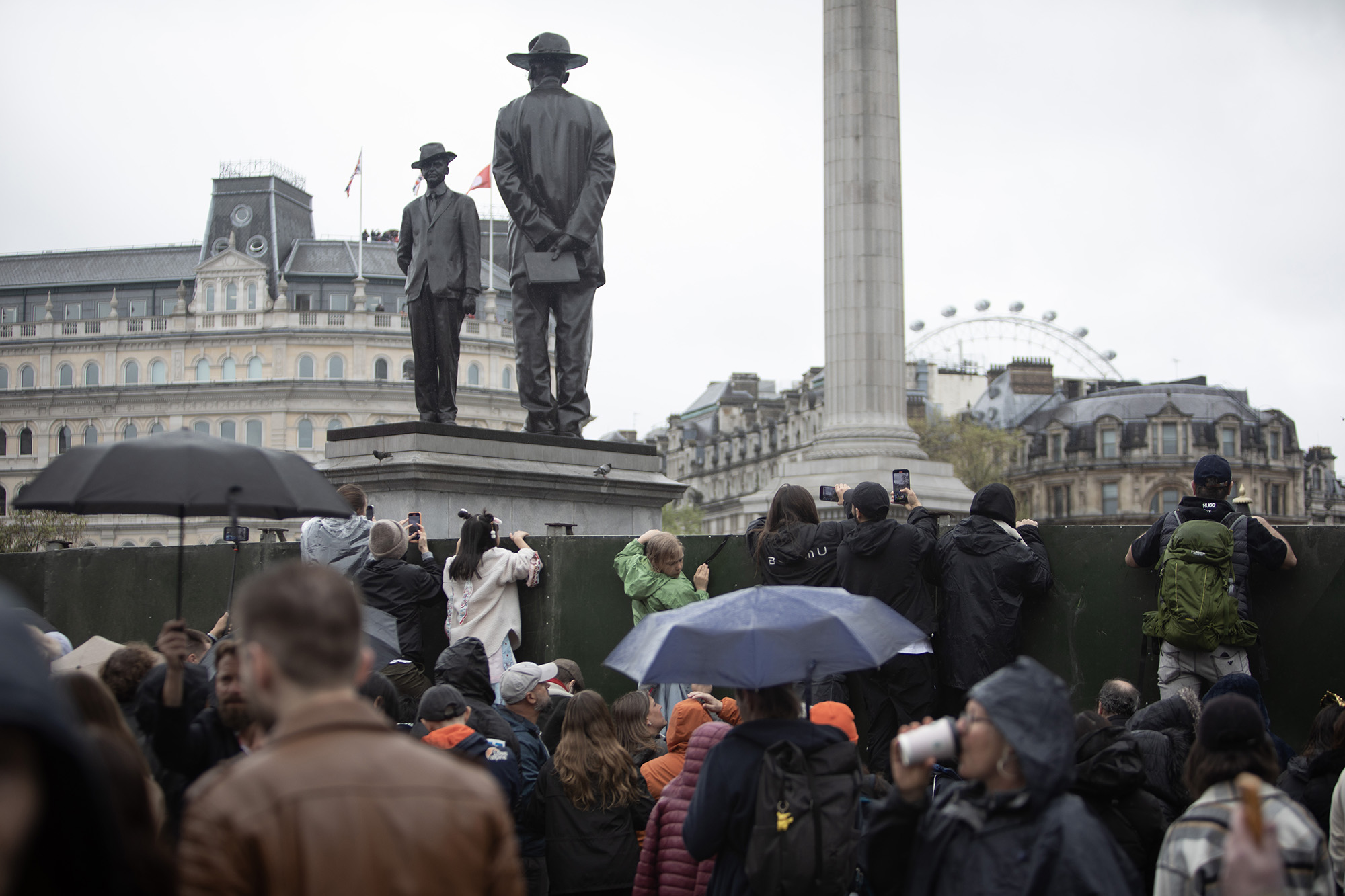
Spectators peek over metal barricades to catch a glimpse of King Charles and Queen Camilla riding in the historic Gold State Coach returning to Buckingham Palace following their coronation in Trafalgar Square, London, United Kingdom, 6 May 2023. (Photo: Leila Dougan)
Dionne Dussard (43) is from the Caribbean and said she is proud that Jamaica is having a referendum next year to “free themselves from the shackles of England”.
“My family came over as part of the Windrush generation. They swore allegiance to the Queen and came over here and realised that this country hates them,” said Dussard.
The “Windrush generation” refers to thousands of people who emigrated to the UK from Caribbean countries on the Empire Windrush between 1948 and 1973, undertaking work in low-paying and unskilled jobs that were essential to rebuilding post-war Britain which had a serious labour shortage.
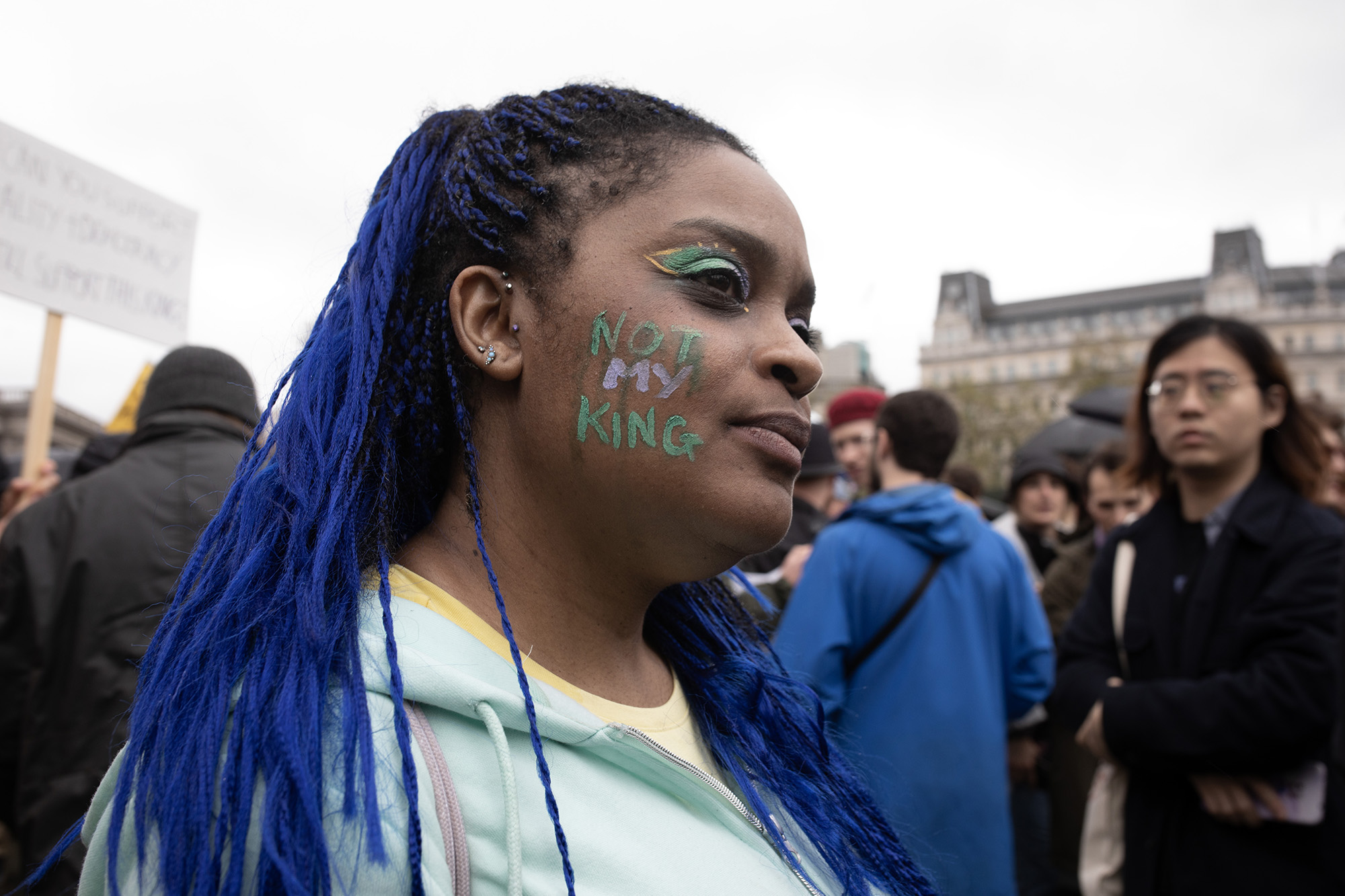
“Not my king” is written on Dionne Dussard’s cheek. “I don’t believe in a monarchy. We are supposed to be equal but someone is ruling over us purely by accident of birth.” (Photo: Leila Dougan)
“It’s hard to move past when you’re still being ruled by the people who committed these atrocities to your ancestors and refuse to apologise,” said Dussard.
“I don’t believe in the monarchy. I don’t believe someone should have the God-given right to rule over us. We’re supposed to live in a democratic country, we’re supposed to be equal and at the moment the world is in a mess. Here we’re in an economic crisis, people are struggling to feed their children, people couldn’t heat their homes over winter and the amount of money that’s been wasted from the public purse on today could have done so much for this country,” said Dussard.
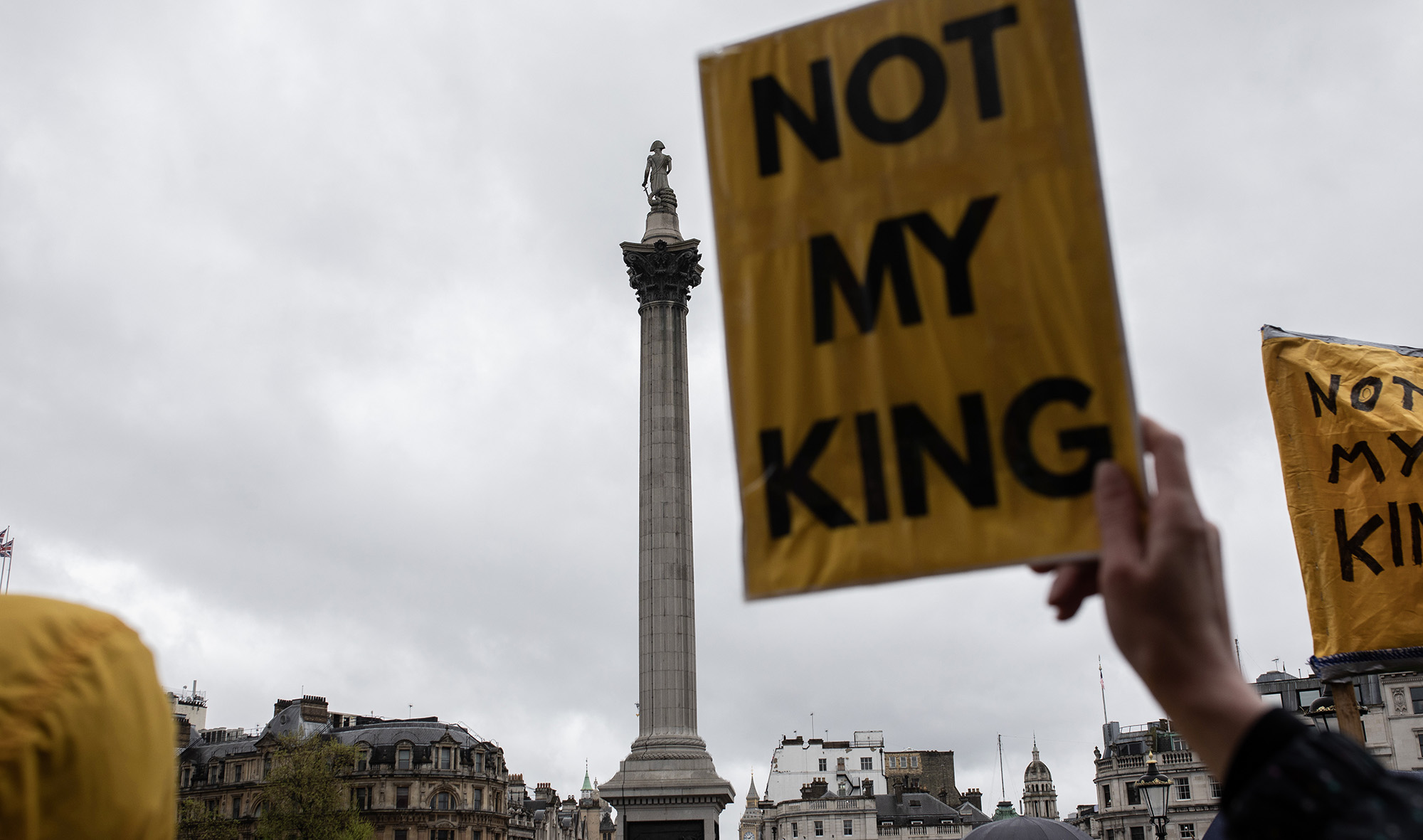
Protesters from the organisation Republic hold up placards in Trafalgar Square demanding that the monarchy be abolished. “We can’t hold the King and his family to account at the ballot box, there’s nothing to stop them abusing their privilege, misusing their influence or simply wasting our money,” reads a statement on the organisations website. (Photo: Leila Dougan)
Stephen Regan (39) is from Liverpool and said that the narrative that the Royal family is loved by the population is not the case. “This country is diverse in our opinions about the monarchy. There are a lot of people who see it as an archaic institution. These people have real power, they can veto and cede laws. That’s real power,” he said.
Dussard and Regan were deeply concerned that the leader of Republic, Graham Smith had been arrested on the morning of the protest. According to The Guardian, 52 arrests were made by the Metropolitan police on the day for “public order offences, breach of the peace and conspiracy to cause a public nuisance around the coronation”.
“The mainstream media does not want to interrupt this narrative that we’re all on board [with the coronation]. It gives this idea that as a country we’re all conservative,” he said. DM
